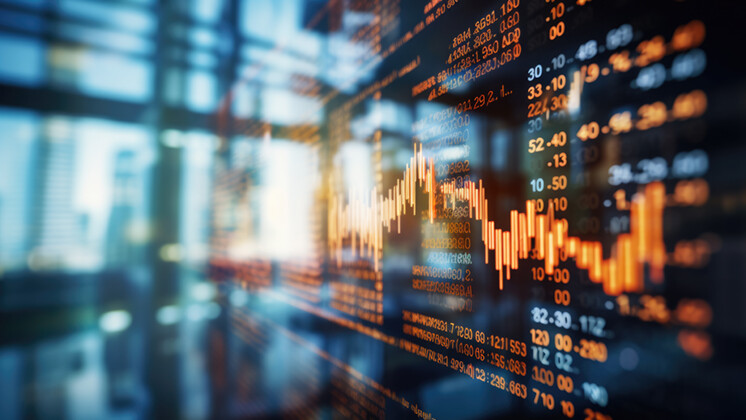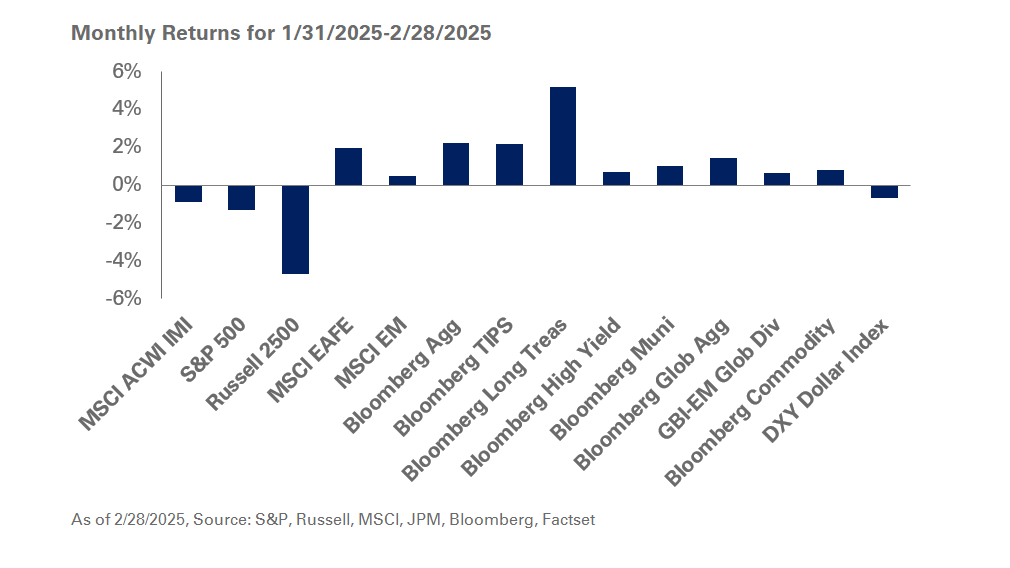As Wall Street braces for the Federal Reserve’s policy meeting later this week, we turn to Phillip Nelson, NEPC’s head of asset allocation, with some questions ahead of the Fed meeting and on the heels of the recent Consumer Price Index (CPI) data.
- Given last week’s CPI figures, some experts are now discussing whether the Federal Reserve will bump up rates by 100 basis points. What do you expect from Powell?
The question to focus on isn’t whether the Fed will hike rates by 75 basis points or 100 basis points. What we’re looking for is how aggressive Powell will be in the next six-to-12 months. The messaging we get in the next few weeks could be a bigger data point and a shock to investors.
- Bond traders appear to be pricing in the prospect that the Fed will need to slash its benchmark rate by 50 basis points before 2023 is over, signaling some concerns that the Fed’s moves could drive the U.S. into a recession. Where do you think we’re headed in the next 12 months?
With the Fed getting clearer on how forceful it will be in managing inflation, the talk of cutting rates in 2023 stems more from hope rather than an actual likelihood of it happening. The Fed has signaled it will prioritize price stability even at the expense of negative economic consequences.
- The ECB just raised interest rates by 75 basis points and indicated that more hikes are likely coming soon. Now, Eurozone finance ministers are collaborating on a fight against inflation. Is enough being done to abate inflation in the EU?
It is very hard to judge whether the ECB is doing enough as it is in the very unenviable position of battling inflation while managing challenging economic growth prospects. The ECB can control monetary policy but not the supply of natural gas, which is inflaming much of Europe’s inflationary pressures.
- China’s CPI and PPI are rising at slower-than-expected rates, seemingly driven by decreased demand. What does a China slowdown mean in the greater context of rising global inflation?
China’s inflation and economic growth story is largely related to its zero-covid policies. Rolling lockdowns are the #1 headwind to its economy and you can see that flow through in the inflation data as well. The big question for investors is at what point does China relent on its Covid policy to help its economy get back on a healthier growth trajectory.



